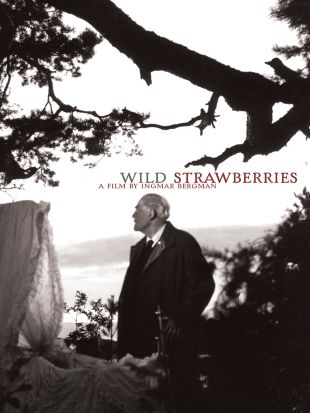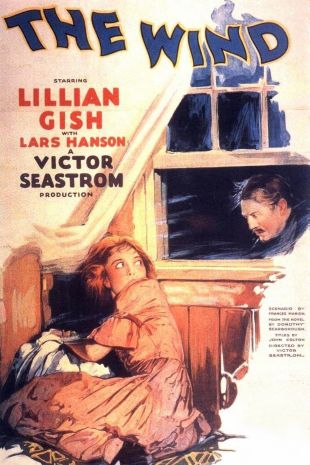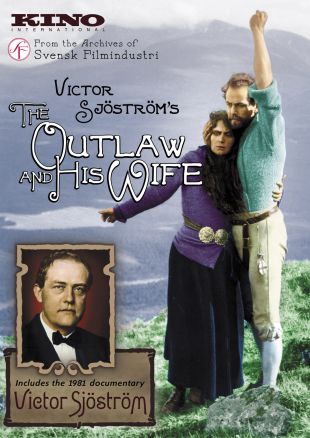Often referred to as "The Father of Swedish Cinema," Victor Sjostrom lived in Brooklyn from ages one through seven. Sjostrom's father, a Swedish lumberman fallen on hard times, had moved to the U.S. in 1880 in hopes of starting life anew. Though the Sjostrom family prospered in Brooklyn, young Victor could not adjust to his father's newfound religious fanaticism; when his mother died in 1887, the boy arranged to return to Sweden alone. In 1896, Sjostrom joined the Ernest Ahlbom stock company, touring Sweden and Finland as an actor and director. He formed his own troupe in 1911, attempting to stir up business by combining live shows with motion pictures. Though this primitive multimedia attempt was a failure, it was enough to whet Sjostrom's appetite so far as filmmaking was concerned. In 1912, he became an actor/director for the Svenska Biograf studios in Stockholm. After appearing in The Black Masks and Vampyren (both 1912) under the direction of his close friend Mauritz Stiller, Sjostrom was given his own chance to direct a minor comedy titled The Gardener (1912). Though his reputation had been firmly established in Europe and Scandinavia as early as 1913 (in his review of Sjostrom's 1918 film The Outlaw and His Wife, French critic Louis Delluc rhapsodized "Here without doubt is the most beautiful film in the world"), he would have to wait until the 1921 release of his mystical Thy Soul Shall Bear Witness (aka The Phantom Chariot) before American critics acknowledged his existence. Travelling to Hollywood in 1923 at the invitation of movie mogul Louis B. Mayer, Sjostrom was signed by the newly formed Metro-Goldwyn-Mayer corporation. His last name Americanized to Seastrom, the director turned out such praiseworthy MGM efforts as Lon Chaney's He Who Gets Slapped (1924) and The Tower of Lies (1925), Lillian Gish's The Scarlet Letter (1926) and The Wind (1928), and Greta Garbo's The Divine Woman (1928). He temporarily returned to Sweden in 1928 to visit his now-dying friend Mauritz Stiller, then came home to stay in 1930. He directed only three films in the 1930s, two in Sweden and one (1937's Under the Red Robe) in England. From 1943 through 1949, Stiller served as artistic director of Svensk Filmindustri. Victor Sjostrom spent the last decade of his life as an actor, most memorably as the aged Professor in Ingmar Bergman's Wild Strawberries (1957).
Victor Sjöström
Share on
Biography by AllMovie
Movie Highlights
Factsheet
- Kom med familjen till New York som ettåring 1880 och blev hemskickad till Sverige som fjortonåring där han fick bo hos sin faster i Uppsala.
- Hade inte råd att utbilda sig vid Dramatens scenskola, utan gick med i olika turnerande teatersällskap med start omkring 1896.
- Blev 1912 engagerad till filmen och debuterade samma år som filmregissör med Trädgårdsmästaren som totalförbjöds av censuren i Sverige.
- Debuterade som filmskådespelare 1913 i Mauritz Stillers Vampyren och fick sitt genombrott 1917 i Terje Vigen, i vilken han spelade huvudrollen samt stod för regi och manus.
- Den internationellt uppmärksammade Körkarlen (1922) ledde till erbjudande om att börja filma i Hollywood, där han med framgång verkade fram till återvändandet till Sverige 1930.
- Verkade därefter i Sverige mest som skådespelare inom film och teater och gjorde sin sista filmroll 1957 i Ingmar Bergmans Smultronstället.


